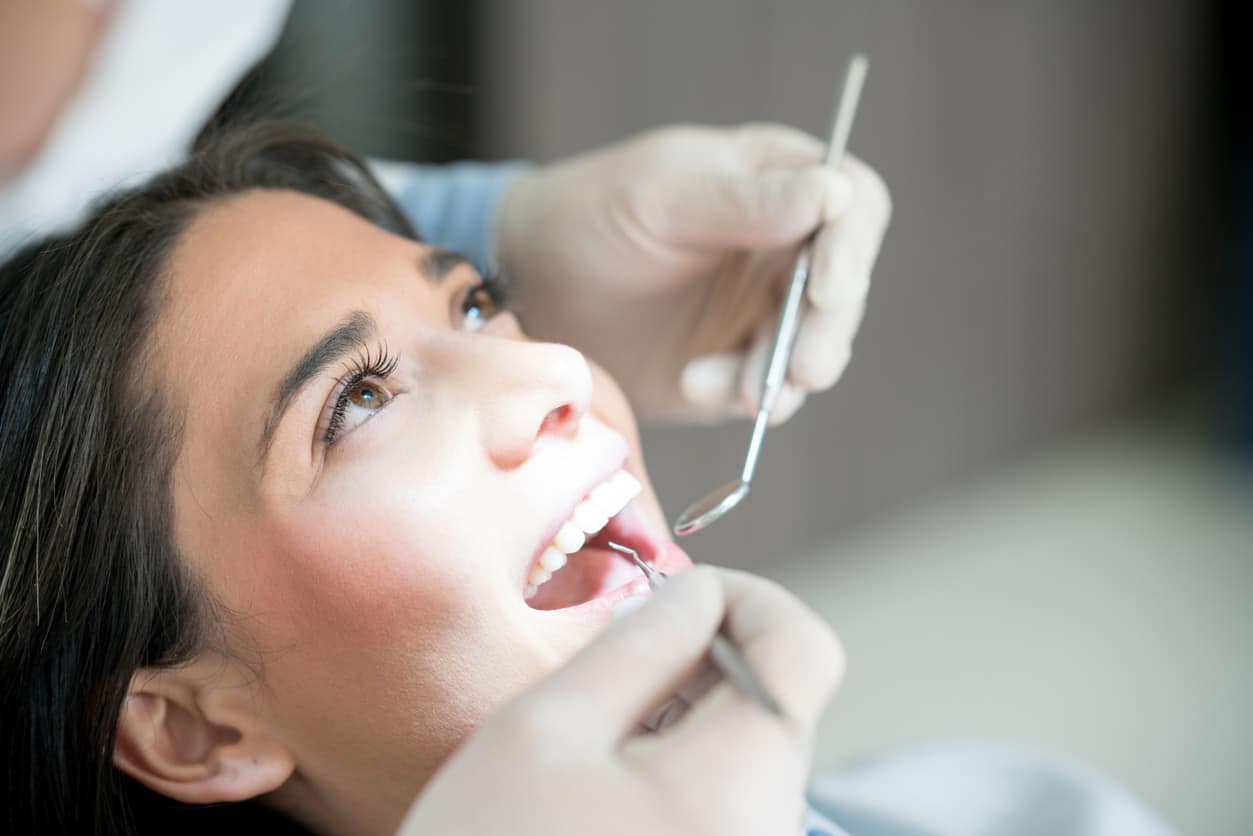
Common Myths Surrounding Food and Oral Health
An unknown author once said, “You don’t have to brush all your teeth, just the ones you want to keep.” This person was on to something. Yes, keeping your teeth is important because, well, a person’s smile is the first thing people notice, and most of us want that memory to be a positive one. But the health of our mouth has much deeper roots than having a pretty face. Our mouth plays a significant role in our overall physical well-being, and keeping our teeth and gums healthy is a big part of that.
However, there are a few misconceptions about what does or does not cause damage to your teeth. And, as dentists, we thought we would give you the dirt. Here are some of the most common myths we’ve (and probably you’ve) heard regarding food and oral health.
Myth #1: Eating a lot of sugar causes tooth decay.
It’s true—eating sugar can cause tooth decay, and most of us love our sweets (chewing a piece of dark chocolate as I type this sentence). But the problem is not how much sugar you eat but how long it remains in your mouth. Hard candies that linger for a long time are more likely to cause tooth decay as well as sugary drinks like sodas and juice. That’s why it’s a good idea to brush and floss your teeth after eating or drinking something sweet and switch to sugar-free beverages – preferably water.
Myth #2: Sugar is the only food ingredient that affects your oral health.
There are other types of food that can impact your oral health, and not in a good way. Citric fruits, alcohol, starchy foods like bread, pasta, and potatoes, carbonated drinks, and ice, to name a few. However, some foods are notorious for helping your teeth stay healthy. Vegetables help keep your gums and your teeth clean, and foods rich in calcium and phosphates—like dairy products—help rebuild your tooth enamel. You know the adage, “an apple a day keeps the doctor away?” Well, it isn’t true. BUT eating more fruits and vegetables can make you healthier overall.
Myth #3: Diet drinks low in sugar don’t affect oral health.
Just because a carbonated beverage doesn’t have much sugar doesn’t mean it’s not bad for your teeth. Carbonated drinks contain acid, which erodes enamel and can serve as food for bacteria. Other acidic beverages like orange juice can also cause problems for your teeth, including cavities, tooth sensitivity, and tooth decay.
Myth #4: Drinking lemon juice is good for your teeth.
A lot of us enjoy a slice of lemon with our water. It just makes it taste fancy! But there is a common misconception that drinking water with lemon, or lemon juice, is good for your teeth and overall oral health. This is a myth, as lemon is high in acid, which can be harmful to your teeth. Acid leads to erosion, and certain types of bacteria love to feed on it. If you’re drinking something acidic, consider using a straw or rinse your mouth with water right after.
Myth #5. Mouth-swishing olive oil or coconut oil will prevent cavities.
Commonly known as “oil pulling,” many believe this practice will protect their teeth from decay and cavities. While this tradition has been around for centuries, there is no scientific evidence proving it true, and the American Dental Association does not endorse it. These types of oils are good for you and great to use in cooking but don’t expect a tablespoon of oil inside your mouth to fix tooth decay.
